5 Unique Ways You Can Help the Environment, Every Day!

Protecting the environment and saving our remaining wilderness should be a bipartisan, patriotic duty that benefits all Americans, now and forever. There is hope to save our planet from the forces of greed and ignorance, but it requires people to work together. That is why the best thing you can do is volunteer for a good environmental group. There are also many other simple ways to help the environment every day!
One of the Merlin Saga’s core ideas is nature’s enduring power. Nature gives us sustenance as well as healing and renewal and inspiration. Just take a look at our mountains here in Colorado, and how can anyone not feel inspired? That’s why I make sure that nature is more than just the setting for my books — it’s actually one of the characters. I want the places in my books even if they’re imaginary to feel utterly real to a smart reader and I also want to convey the environment’s beauty and wonder and inspiration.
Merlin himself stands for the sacredness of nature. The great wizard’s world of Avalon (which you could say is one of the main characters in The Great Tree of Avalon trilogy) kindles some of our deepest longings to be close to the natural world, to be one with it. Nature, as a whole, combines mortal and immortal, transitory and eternal. It’s a place where all creatures — whether they walk or fly or swim or crawl — can live together in harmony. And also a place of hope amidst human suffering. The sort of place where Merlin himself might live – and where, through the magic of story, we all can live, for a time.
I’ve had people ask why I support environmental groups, and my answer is this: because they are great forces for good, healthy, sustainable life on our fragile planet! It’s that simple. Without the dedicated, savvy, hard-working folks at those groups—people who could be making lots more money doing something else, if that was all they cared about—we are lost. With them … we have a genuine chance to save our planet.
Our children.
Our fellow creatures.
And ourselves.
And something more — a chance to rise to a higher level. To choose long-term wisdom over short-term greed. To be our best selves as stewards of the Earth.
As an environmentalist, I encourage everyone to do what they can to help protect our planet, and ourselves.
5 Unique Ways to Help the Environment
Be a Citizen Scientist
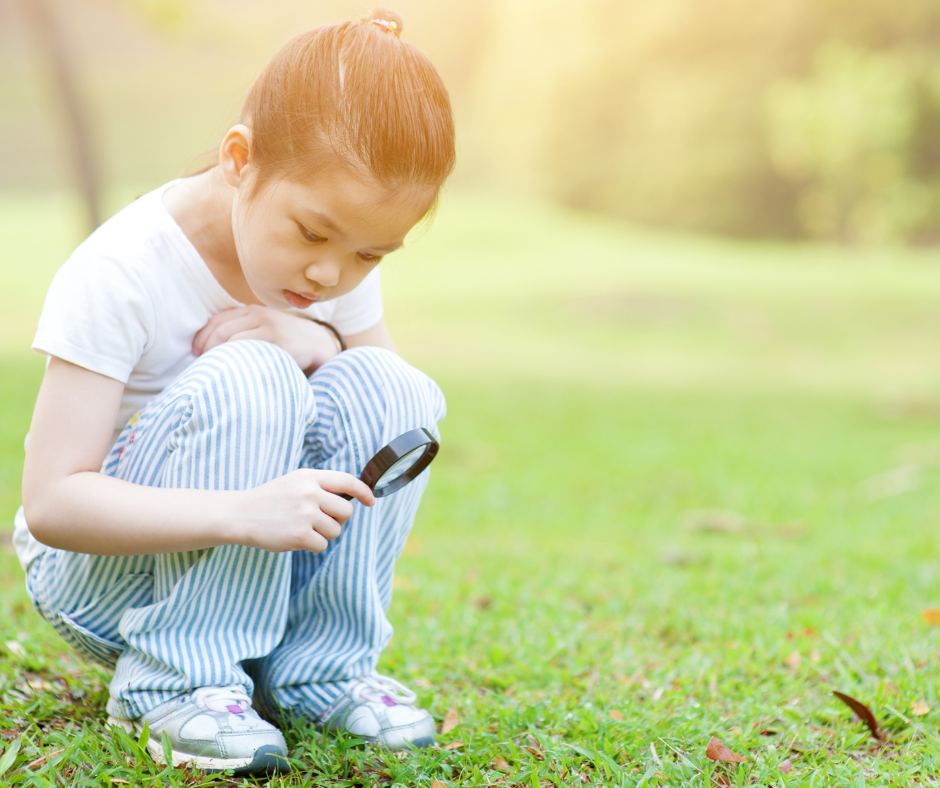 Did you know that you can help scientists draft conservation plans for your area by sharing insights and information into your environmental pursuits? Scientists often crowdsource data from citizens, and citizens can “participate voluntarily in the scientific process, addressing real-world problems.” (citizenscience.gov)
Did you know that you can help scientists draft conservation plans for your area by sharing insights and information into your environmental pursuits? Scientists often crowdsource data from citizens, and citizens can “participate voluntarily in the scientific process, addressing real-world problems.” (citizenscience.gov)
That means that by sharing your data and observations about the world around you and in your community, you can help scientists create plans to help the environment!
Create a Grass-Free Lawn
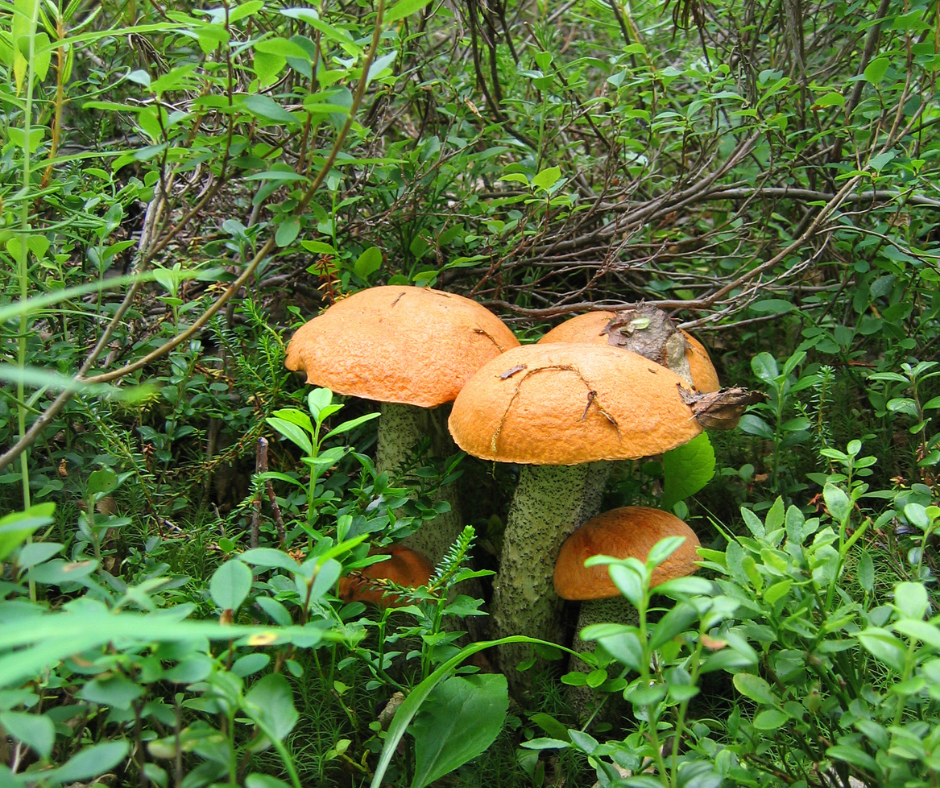 As pretty as a sprawling grassy green lawn may look in the suburbs, maintaining that grass is a huge burden on the environment — with risks ranging from the devastation of local ecosystems to the overuse of precious water.
As pretty as a sprawling grassy green lawn may look in the suburbs, maintaining that grass is a huge burden on the environment — with risks ranging from the devastation of local ecosystems to the overuse of precious water.
Consider an alternative to grass and plant native ground-covering plants instead. Or better yet: create a garden of native edible grasses and forageable plants. Not only will you be taking a large step toward a better world, but you’ll also have a beautiful masterpiece of local flora and fauna to show off to your neighborhood — and maybe convince them to follow in your path!
Don’t Just Recycle, Upcycle
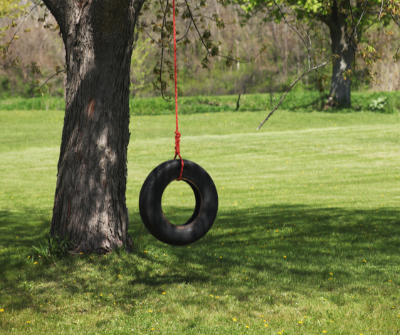 While recycling certainly reduces the amount of junk that ends up in our landfills, there are even more benefits to reusing those items and “upcycling” them into other useful items. By upcycling existing resources, you are ensuring that no new raw materials will be used to create whatever it is that you make. For example, by taking thrift store finds and refurbishing them, you are creating a brand new piece of furniture or clothing or art — cutting out the middle-man production plants completely!
While recycling certainly reduces the amount of junk that ends up in our landfills, there are even more benefits to reusing those items and “upcycling” them into other useful items. By upcycling existing resources, you are ensuring that no new raw materials will be used to create whatever it is that you make. For example, by taking thrift store finds and refurbishing them, you are creating a brand new piece of furniture or clothing or art — cutting out the middle-man production plants completely!
Shop Environmentally-Friendly
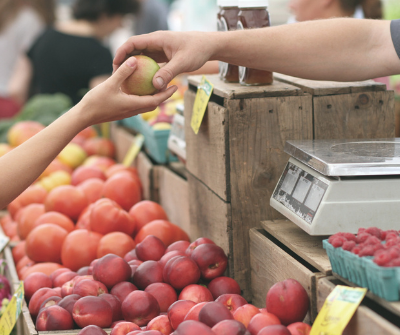 From the farmer’s market to the supermarket, taking small steps to avoid extra packaging or plastic goes a long way. Bringing your own reusable shopping bags and buying unpackaged produce are just two simple ways to be more environmentally friendly when you shop.
From the farmer’s market to the supermarket, taking small steps to avoid extra packaging or plastic goes a long way. Bringing your own reusable shopping bags and buying unpackaged produce are just two simple ways to be more environmentally friendly when you shop.
It all starts with buying from retailers that actually care about the environment. To determine if you’re looking at a company that takes extra effort to be green, you should check the company’s website. If possible, always shop environmentally friendly by purchasing your products from local companies and stores.
Another way to shop more green? Try buying produce in-season. This supports local farming while making sure that you get the freshest fruits and vegetables.
Bring a Little Nature Indoors
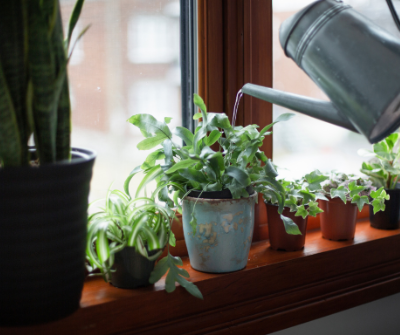 Indoor plants do more than just look great — they can make us feel good, too. Studies show that having plants inside can help boost your mood, increase creativity, and—best of all— eliminate indoor air pollutants.
Indoor plants do more than just look great — they can make us feel good, too. Studies show that having plants inside can help boost your mood, increase creativity, and—best of all— eliminate indoor air pollutants.
Breathe a little easier by bringing in species of plants that are proven to freshen the air naturally and toss out all of those air fresheners that do more harm than good. A few types that are most effective include spider plants, Ficus trees, and bamboo palms. Just be sure that if you do choose to introduce new plants inside your home that they are pet- and children-friendly (if you have little ones or furry friends, that is.)

